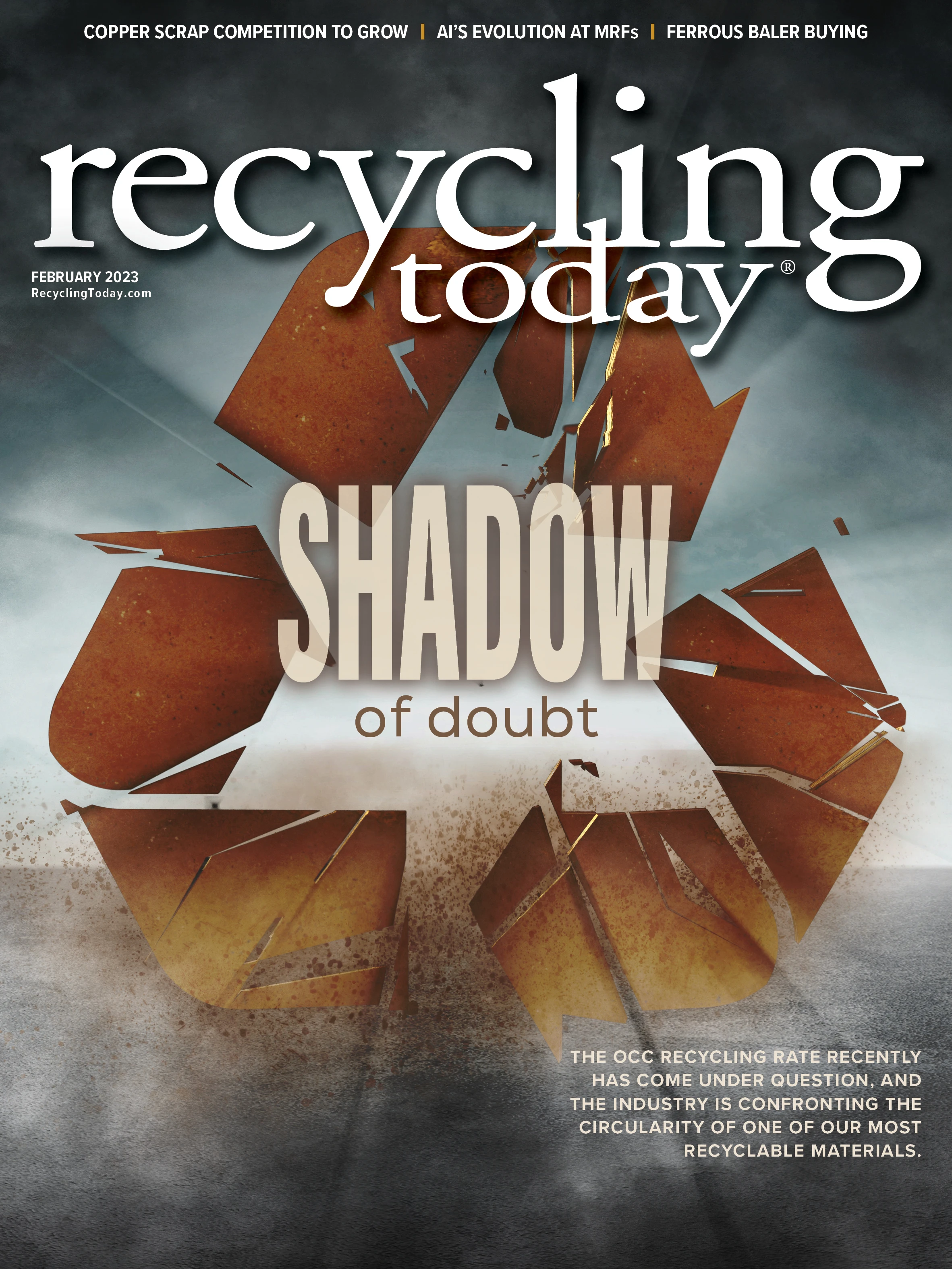
Scott Sass
Director of process engineering at Alterra Energy

Nine years ago, Scott Sass left his engineering job at General Electric Co. (GE) to work as a senior project manager for Akron, Ohio-based Vadxx Energy, which Alterra Energy acquired in 2019.
“GE had 300,000 global employees at the time; I was employee No. 6 at Vadxx Energy,” Sass says.
Sass’ previous experience at GE’s Consumer & Industrial and Healthcare divisions taught him best practices for developing engineering technology, giving him what he calls “operational backbone.”
”I think we need to all understand that plastics can’t be eliminated.”
That rigor and discipline helped him as he transitioned to Vadxx in 2014. Sass says he was most excited about the opportunity to develop new technologies to convert hard-to-recycle plastics into fuel while working for a small company. “You really get to wear all these different hats when you’re with a really small company like that,” he says of his first few years at Vadxx. “You may be doing process design one day, then safety the next day, then operations the next day, then sweeping the floors at the pilot plant to clean it up because an investor’s coming in. We did everything, which is really a great opportunity because you learn every aspect of how things work.”
Since Alterra acquired Vadxx, Sass says demand for advanced recycling has risen. In the following interview, he shares more about that growing demand and the challenges advanced recycling companies face.
Recycling Today (RT): What changed with your work after Alterra Energy acquired Vadxx Energy?
Scott Sass (SS): The biggest transformation in my nine years with Alterra has been [that] at one point we were making pyrolysis oils [and] would convert that pyrolysis oil into a more refined product, like diesel fuel, and we would sell that diesel fuel. ... Now, we’re being pulled by the big [petrochemical] companies to make as much pyrolysis oil as possible because they’ve recognized that our technology is capable of producing something that they can utilize to make new plastics. So, that’s really what we focus on—taking harder-to-recycle plastics and converting them into a synthetic crude oil that we can then give to the [petrochemical] companies [for further] refining and convert[ing] those into feedstocks for making new plastics.
RT: How has your role with the company changed over time?
SS: The first eight years of my career with Alterra was developing the technology, then demonstrating the technology at full scale [at the demonstration plant in Akron]. There were lots of iterations associated with the development of the technology—changes in reactor design, changes in condensing system design, changes in feedstock handling at the site.
Once we developed the technology and were able to demonstrate it at full scale, my role changed and is more teaching our technology … to our licensing customers … and leading the tech development team.
RT: What would you say are the biggest challenges related to advanced recycling?
SS: One of our largest challenges associated with advanced recycling is just really teaching people about the technology. When you hear the word “pyrolysis,” a lot of people confuse that with incineration. We’re not burning plastics; what we’re doing is we’re taking that granola bar wrapper and we’re converting it back into chemicals that can be used to make new plastics.
I think we need to all understand that plastics can’t be eliminated—there’s a certain amount of plastics that we need to use [and] that we need to have in society to maintain our current standard of living.
WANT MORE?
Enter your email to receive our newsletters.

Explore the February 2023 Issue
Check out more from this issue and find your next story to read.
Latest from Recycling Today
- Athens Services terminates contract with San Marino, California
- Partners develop specialty response vehicles for LIB fires
- Sonoco cites OCC shortage for price hike in Europe
- British Steel mill’s future up in the air
- Tomra applies GAINnext AI technology to upgrade wrought aluminum scrap
- Redwood Materials partners with Isuzu Commercial Truck
- The push for more supply
- ReMA PSI Chapter adds 7 members





